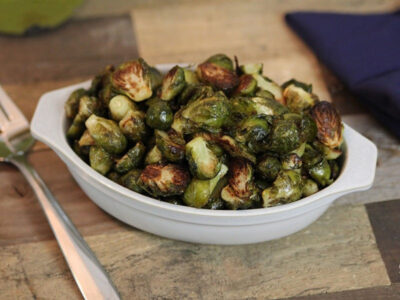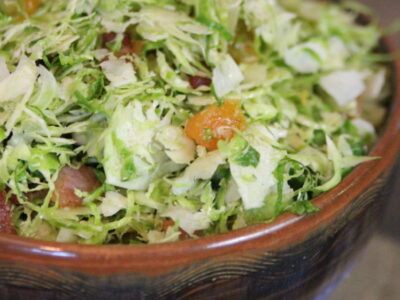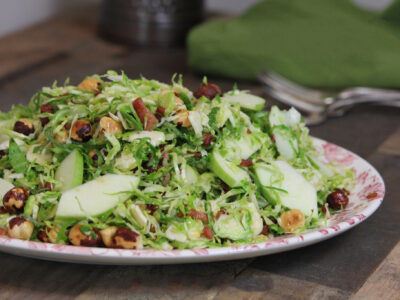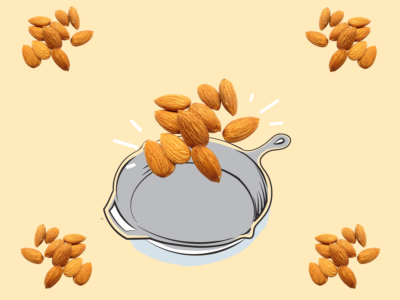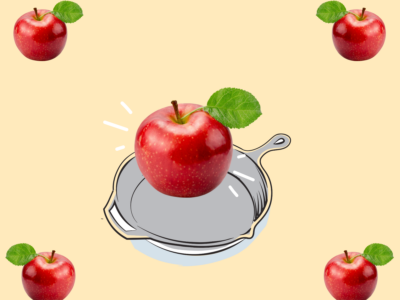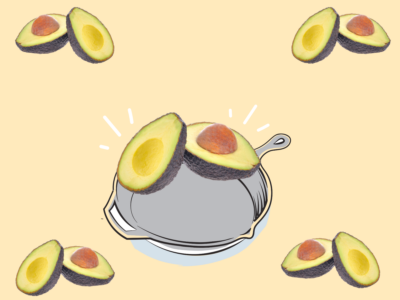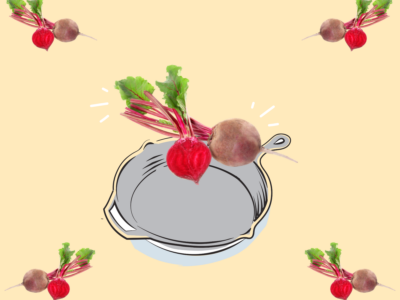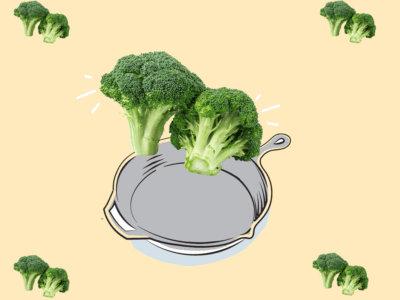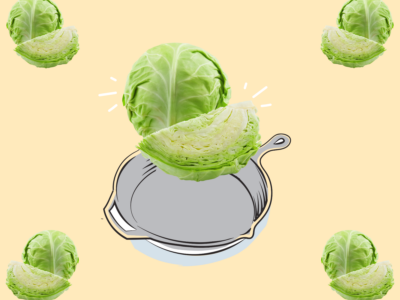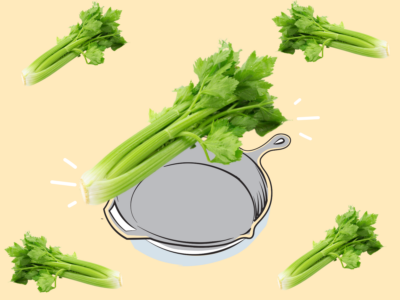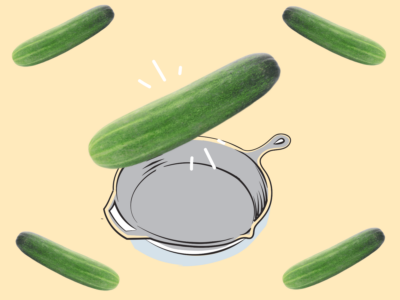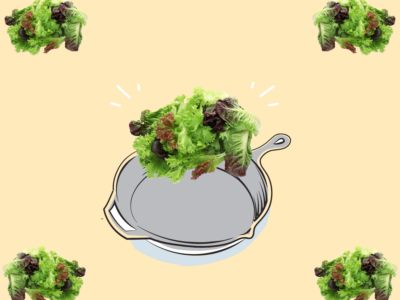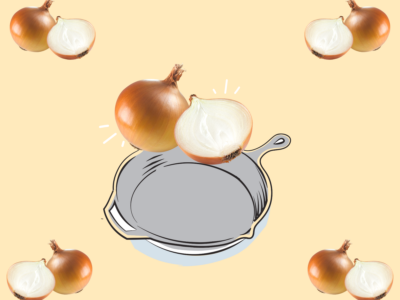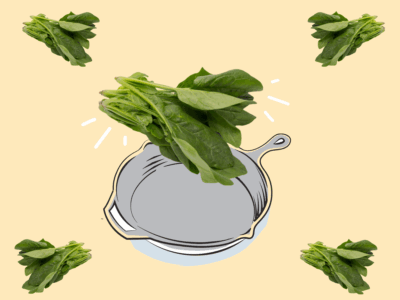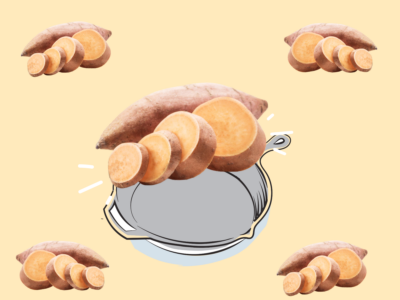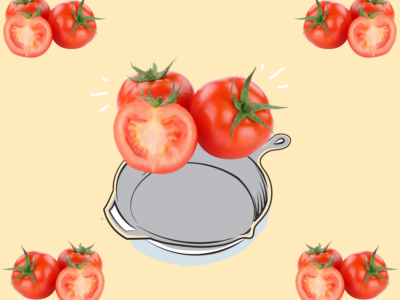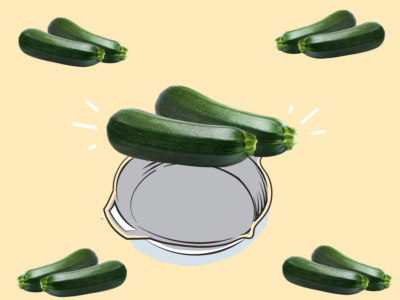Table of Contents[Hide][Show]
In the Kitchen+−
- Almonds in the Kitchen
- Apples in the Kitchen
- Avocado in the Kitchen
- Beets and Beet Greens in the Kitchen
- Broccoli in the Kitchen
- Cabbage in the Kitchen
- Celery in the Kitchen
- Cucumbers in the Kitchen
- Lettuce in the Kitchen
- Onions in the Kitchen
- Spinach in the Kitchen
- Sweet Potatoes in the Kitchen
- Tomatoes in the Kitchen
- Zucchini in the Kitchen
Brussels sprouts are a seriously underrated veggie! Sure, they had a rough reputation in the past, but today they’re finally getting the appreciation they deserve. The secret to enjoying them lies in knowing how to cook Brussels sprouts the right way. And spoiler alert: it’s not by boiling them into mushy oblivion.
Love them or not (yet), learning to prepare Brussels sprouts the right way can turn Brussels “pouts” into Brussels love.
The Science of Why Brussels Sprouts Taste Better Now
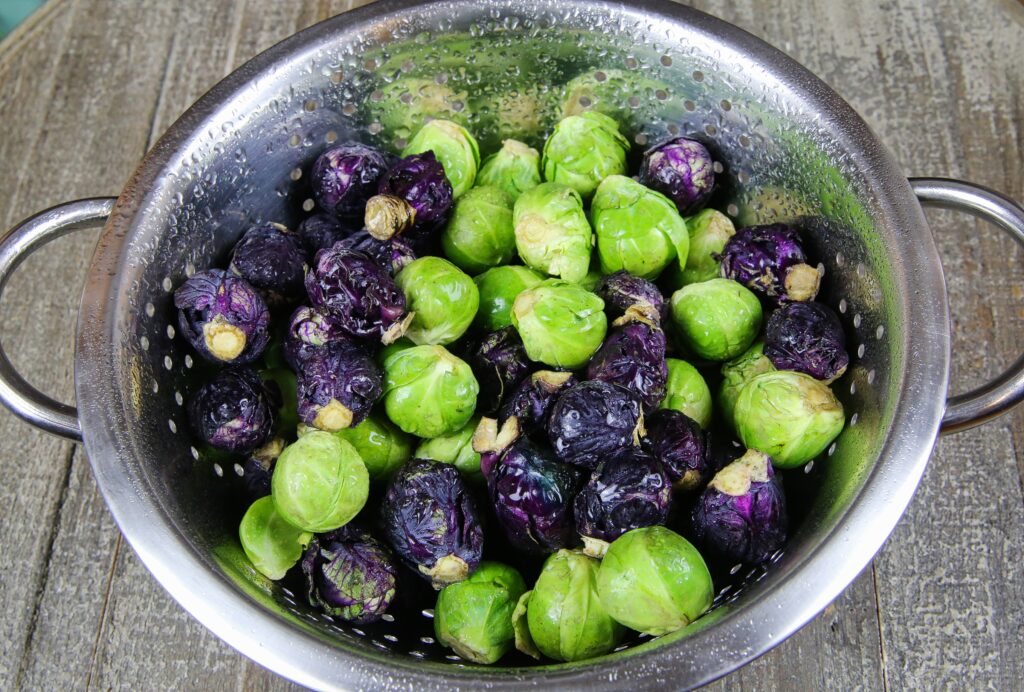
If you’ve started to enjoy Brussels sprouts as an adult, it’s not just that your taste buds grew up. Yes, some of us are genetically more sensitive to the bitter taste of glucosinolates found in cruciferous veggies like Brussels sprouts—but that’s only part of the story.
In the 1990s, a Dutch scientist discovered that two specific compounds—sinigrin and gluconapin—were responsible for that intense bitterness. Seed companies took note of the problem and began to develop new varieties that were lower in these bitter compounds. After years of cross-pollination they created newer varieties that taste milder and sweeter. These improved varieties helped fuel the Brussels sprouts renaissance—and today, farmers can sell their crops for 4–5 times more than they could a decade ago!
Even with better-tasting varieties, though, the way you cook Brussels still makes a big difference—especially when it comes to boiling.
Why Boiling Brussels Sprouts Makes Them Taste Bad
We’ve all been there: a sulfurous smell, gray-green leaves, and a flavor best described as…punishment. That’s the legacy of boiled Brussels sprouts. But why does boiling them make them taste so bad?
Brussels sprouts, like all cruciferous vegetables, contain compounds called glucosinolates. When chopped, chewed, or cooked, the enzyme myrosinase breaks glucosinolates down into isothiocyanates— which are incredibly healthy, however two of these compounds, sinigrin and gluconapin, are intensely bitter and are responsible for the unpleasant taste of boiled Brussels. On the flip side, Brussels are high in another isothiocyanate—sulforaphane, which is a more palatable compound. The problem is, when Brussels are boiled or overcooked, they lose sulforaphane—up to 90%!—and become dominated by the bitter breakdown products. You’re left with a veggie that’s not only less nutritious but also less tasty.
So yes, boiling makes Brussels sprouts taste more bitter and reduces their anti-cancer potential. That’s a tear-worthy combo.
The Best Ways to Cook Brussels Sprouts
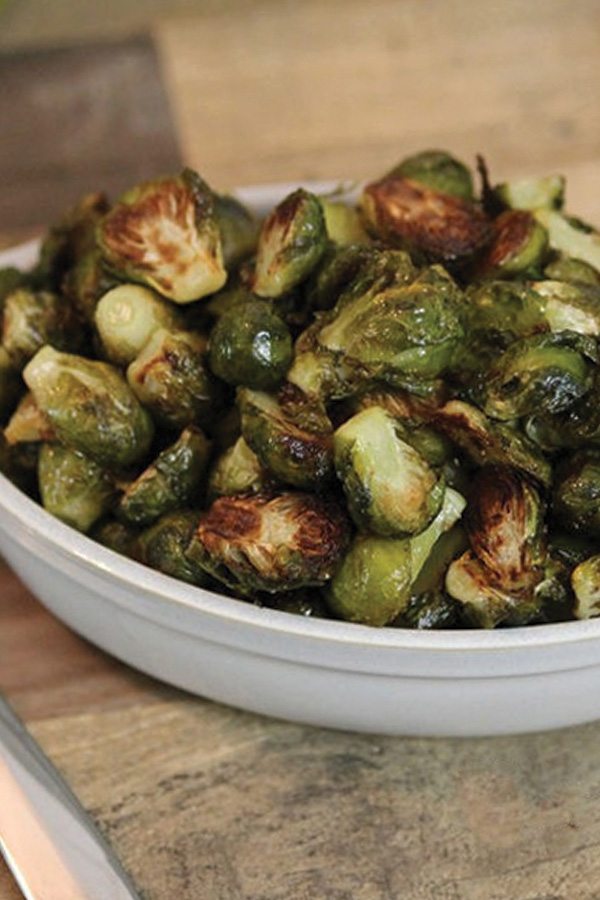
If you want to eat Brussels sprouts and like them, the cooking method is everything. Say goodbye to mushy, boiled Brussels and hello to crisp, golden-brown deliciousness—your new favorite side dish for weeknight dinners and holiday meals!
Roasted Brussels sprouts are a fan favorite for good reason. Start by trimming and halving your sprouts, then toss halved brussels sprouts with olive oil, salt, and black pepper. Arrange them cut side down on a sheet pan or baking sheet in a single layer, and roast at high heat until crispy and caramelized. Don’t toss those loose outer leaves—they crisp up like crunchy veggie chips!
For even more flavor, finish your roasted sprouts with a splash of balsamic vinegar, a squeeze of fresh lemon juice, or a sprinkle of parmesan cheese.
Bonus: Roasting is very forgiving. You’ve got a good 15-minute window where they’ll still taste amazing, so overcooking is unlikely. Perfect for busy home cooks!
Other delicious ways to cook Brussels sprouts include:
- Sautéing with olive oil, garlic, and seasonings like red pepper flakes or lemon zest.
- Air frying for ultra crispy Brussels sprouts in less time (assuming you have an air fryer!).
- Braising, which means cooking with both fat and water—a method that reduces bitterness and improves tenderness. Definitely worth a try if you think you don’t like Brussels sprouts but haven’t had them cooked this way!
- Stir-frying with other veggies like zucchini, butternut squash or sweet potato.
- Shaved Brussels sprouts or sliced Brussels sprouts sautéed with breadcrumbs or parmesan cheese for extra crunch and flavor.
- Making a Brussels sprouts salad with raw shaved raw sprouts, feta, cranberries, apples, and a drizzle of fresh lemon juice or vinaigrette. (Tip: To save prep time, grab a bag of pre-shraved Brussels sprouts from the grocery store.)
No matter the cooking method, keep in mind: the best way to cook Brussels sprouts is the one that gets you excited to eat Brussels sprouts in the first place.
How to Love Brussels Sprouts (Even If You Think You Don’t)
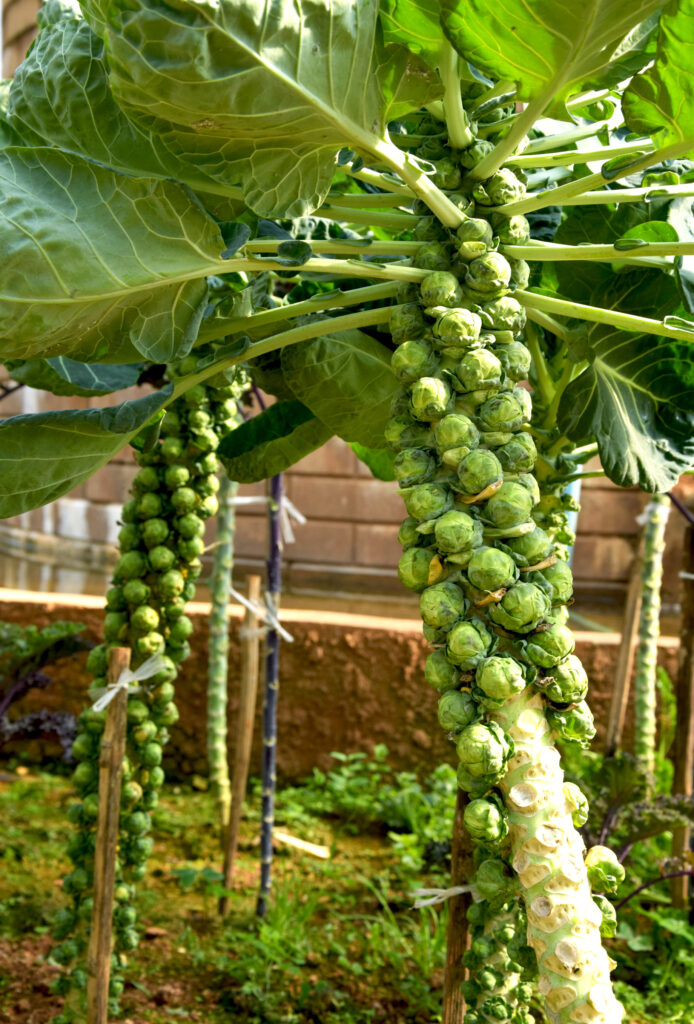
Still not a fan? Science to the rescue!
A study found that red wine can significantly reduce the perceived intensity of the bitterness of Brussels sprouts—thanks to its astringency (that dry, puckering mouthfeel). While that doesn’t mean Brussels are your excuse to “get your drink on,” it does suggest that pairing bitter veggies with astringent ingredients like lemon juice or vinaigrette can help make them more enjoyable. Other naturally astringent foods to try include pomegranates, cranberries, apples, avocados, potatoes, and lettuce.
Another study found that pairing Brussels sprouts with a familiar, well-liked flavor (like cream cheese) increased children’s willingness to try and enjoy them. So if Brussels aren’t your thing yet, try serving them with a favorite food or your favorite dip, dressing, or sauce. Pairing them with something you already love can shift the experience.
Other Tips for Better Brussels
Still not a Brussels believer? Here are some tips to help you learn to love them:
- Blanch first: A quick boil followed by an ice bath can help remove some of the bitter compounds before you proceed with another cooking method.
- Use fresh Brussels: These sprouts tend to have lower concentrations of bitter compounds. Buying them in season and using them soon after purchase can improve flavor.
- Buy smaller sprouts: They tend to be naturally sweeter and milder.
Brussels sprouts are packed with nutrients including vitamin K, vitamin C, and antioxidants like sulforaphane—a powerful compound with well-documented anti-cancer properties. However, how you cook them affects their nutritional content. Perhaps you may need to compromise on nutrients for taste; but in the end, including this veggie in your diet in any form is a worthy addition! Some Brussels is better than no Brussels. It’s all about balance!
Brussels Sprouts Recipes
Looking for inspiration? Try my favorite Brussels sprouts recipes:
In the Kitchen
If you’re looking for inspiration on how to prepare some of your other favorite foods, check out these posts!



